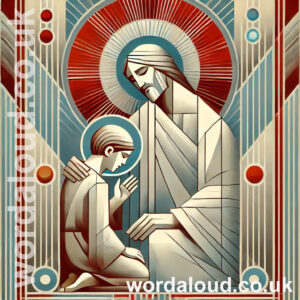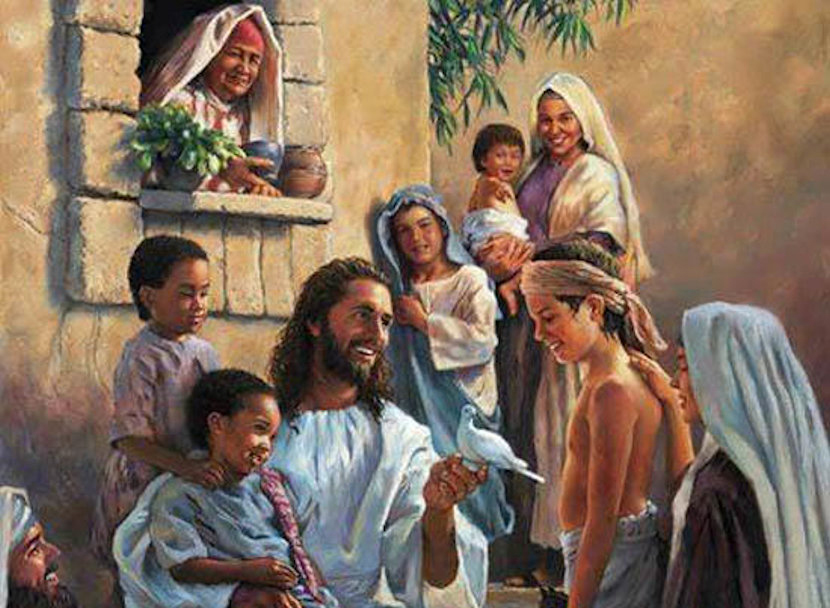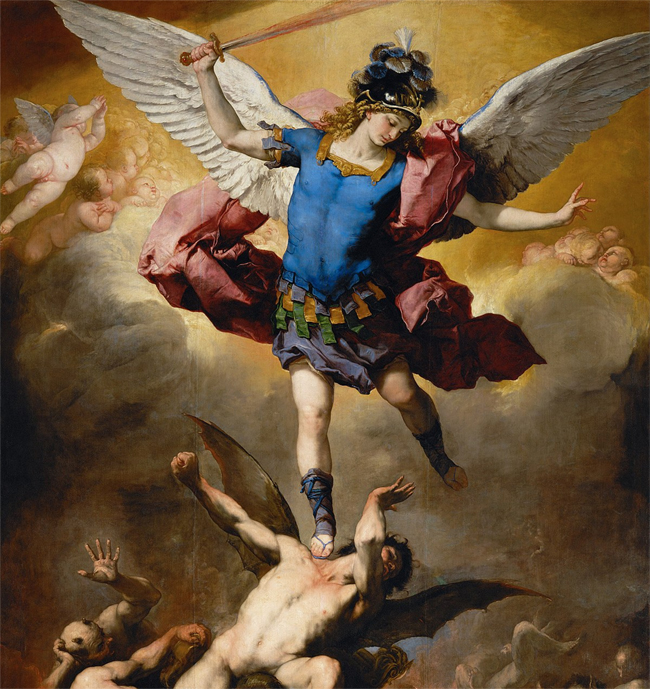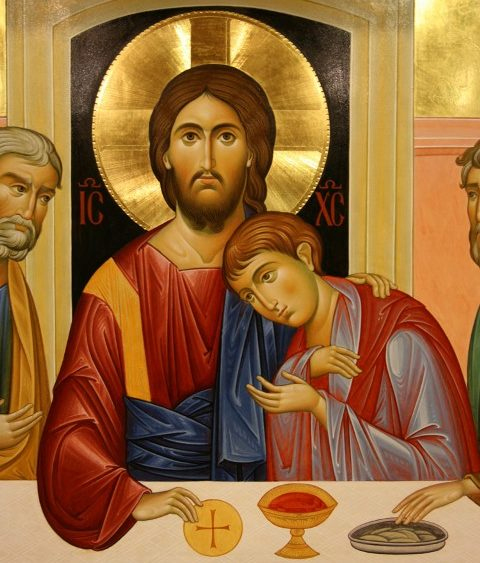Christian Art | Parables Of Jesus | King James Audio Bible | Parable Of The Barren Fig Tree
Luke 13: 1-9 | King James Audio Bible KJV | Parables Of Jesus | Daily Bible Verses 29 Saturday & Sunday Lent 3
1 THERE were present at that season some that told him of the Galilæans, whose blood Pilate had mingled with their sacrifices.
2 And Jesus answering said unto them, Suppose ye that these Galilæans were sinners above all the Galilæans, because they suffered such things?
3 I tell you, Nay: but, except ye repent, ye shall all likewise perish.
4 Or those eighteen, upon whom the tower in Siloam fell, and slew them, think ye that they were sinners above all men that dwelt in Jerusalem?
5 I tell you, Nay: but, except ye repent, ye shall all likewise perish.
6 ¶ He spake also this parable; A certain man had a fig tree planted in his vineyard; and he came and sought fruit thereon, and found none.
7 Then said he unto the dresser of his vineyard, Behold, these three years I come seeking fruit on this fig tree, and find none: cut it down; why cumbereth it the ground?
8 And he answering said unto him, Lord, let it alone this year also, till I shall dig about it, and dung it:
9 And if it bear fruit, well: and if not, then after that thou shalt cut it down.
The Galileans Herod has had killed have not behaved any better or worse than other people; they were not worse sinners than whose to whom Jesus addresses his words. God does not always punish sinners in this life. Accidents and acts of brutality may constitute no particular moral judgement. We are sinners. We stand in need of God’s mercy. We must repent.
Through these sayings Jesus calls the people to conversion of heart. They have heard of and perhaps witnessed others’ suffering and death. They must know that those people were not much different from themselves. It could just as easily have been them. Jesus extends this thought into a warning: the people will indeed suffer should they fail to repent, should they not look to themselves, in the light of their own mortality, and realise they have great need of God’s mercy. This knowledge is a part of what it means to be true to ourselves, rather than to live in denial of God, to live a lie.
God is merciful. The parable of the barren fig tree illustrates this. When the owner of the vineyard decides to have the unfruitful fig tree chopped down, the vinedresser intercedes, promising to nurture the fig tree to help it be fruitful. So Christ intercedes for us, and so he came to teach us, to call us to follow him.
Through Christ, we have every encouragement and every resource to enable us to be truly fruitful. Christ, indeed, becomes our spiritual nourishment. It is our duty and our joy to respond energetically, and with great generosity of spirit. Our lives are not meant by God to be sterile. We are asked to respond to God’s grace.
‘He tells us that, without Holy baptism, no one will enter the Kingdom of heaven; and, elsewhere, that if we do not repent we will all perish. This is all easily understood. Ever since man sinned, all his senses rebel against reason; therefore, if we want the flesh to be controlled by the spirit and by reason, it must be mortified; if we do not want the body to be at war with the soul, it and all our senses need to be chastened; if we desire to go to God, the soul with all its faculties needs to be mortified.’ (St John Mary Vianney, Ash Wednesday.)
![]()

King James Audio Bible | Endnotes
The Parable of the Barren Fig Tree, as told in Luke 13:1-9, is a powerful teaching from Jesus about the importance of bearing fruit in our lives and the consequences of not doing so. This as with all parables is a parable of the Kingdom of God. The imagery of the vineyard and the fig tree is rich in meaning, conveying the message that God expects fruitfulness from those who claim to follow Him.
In the parable, the fig tree is described as barren, meaning it has no fruit. In a figurative sense, this represents a life that is lacking in good works and productivity. Just as a tree that bears no fruit is of no use to the farmer, a person who fails to live a productive and meaningful life is of no use to God.
The relationship between faith and good works is a central theme in the parable. It is not enough to simply have faith in God; our faith must be expressed through good works and spiritually accomplished actions. This is why the owner of the vineyard gives the fig tree one more chance to produce fruit. He is showing mercy and giving the tree the opportunity to prove its worth, but if it continues to be barren, it will be cut down and cast aside.
The reality of judgment is another important aspect of the parable. Just as the fig tree will be judged and either preserved or destroyed, so too will all people be judged by God. This is a sobering reminder of the ultimate accountability we will face for the choices we make in this life. The concepts of heaven and hell are present this theme, destinations for the souls of the righteous and the wicked respectively.
As we explore through the parables of Jesus relationship with God, an understanding of the meaning of parables is that within the context of engagement with the parables we are present with Jesus in the Garden of Gethsemane – toward crucifixion of Jesus and hence redemption.








